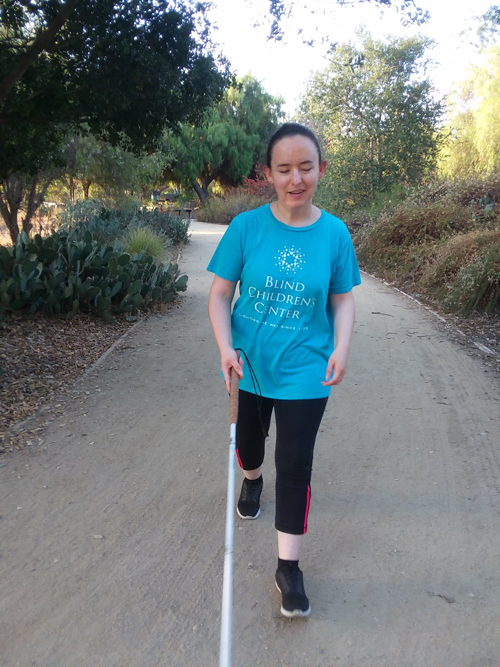With experience, training, and ideas of their own, postdoctoral scholars play an important role in furthering research at universities.
“These major contributions to research bring more publications, more research grant funds, and more prestige to the lab and to the university,” said Rebecca DuBois, UC Santa Cruz associate professor of biomolecular engineering, who works with postdoc scholars.
National Postdoc Appreciation Week, which runs from Sept. 20–24, offers universities a time to recognize the critical contributions of postdoctoral scholars.
John Dzimianski, a postdoctoral scholar, began working in the DuBois lab in 2019 doing research to help develop a more effective and longer-lasting flu vaccine. The work was put on pause when the COVID–19 pandemic hit and the lab switched to working on a serological assay for the detection of antibodies to SARS-CoV–2, the virus that causes COVID–19.
“In some ways, COVID distracted us but in other ways it highlighted new technologies we could put in our pipeline,” Dzimianski said. “For example, now instead of just sticking with traditional more established platforms for a flu vaccine, we could use mRNA,” referring to the new messenger RNA vaccines used to protect against serious illness and hospitalization due to COVID–19.
At first, Dzimianski said, the hardest thing about being a postdoctoral scholar was jumping into a new research environment and field of work. Now, his biggest challenge is thinking about the next step. “You have to develop your own ideas and branch out on your own and eventually walk out the door,” he said.
When he finishes his postdoc work, he hopes to get a research faculty position at a university and possibly run his own lab.
Simone Olivetti, a postdoctoral scholar in computational modeling at the UC Santa Cruz Institute of Marine Sciences, is working on salmon migration—combining computational fluid dynamics and artificial intelligence methods. He collaborates with biologists and computer scientists in a multidisciplinary environment.
He joined UC Santa Cruz after years of living in Italy and France in part because he was interested in using artificial intelligence. “It’s a growing technology but it must be used for a great purpose, for community interest and development,” Olivetti said. “It has a lot of potential if we use it in the right way. It can free people from boring labor.”
Olivetti is not sure yet what he will do after he finishes his postdoctoral work. He wants to continue working in research and development but is not sure if we would like to do that in academia or in private companies. He hopes to remain in the United States.
Karen Arcos, a UC President’s Postdoctoral Fellow, is researching how people’s memory and ability to learn are affected when the information is uncertain. “It’s really relevant to the times now,” Arcos said.
She is also submitting two papers to peer-reviewed journals comparing memory between blind and sighted people. She has found that when completing more complex memory tasks like remembering lists of digits in backward order, blind people remember more than sighted people. Blind people also remember more when hearing digits, while sighted people remember more when seeing them.
Her desire for equity provides the inspiration for her areas of study.
“I strive to make the world more inclusive as someone who is totally blind,” Arcos said.
Most people don’t realize how difficult postdoctoral work can be, Arcos said. Postdoctoral scholars have to be diligent in completing their research in a limited time before their fellowship is over. It is also a difficult adjustment to go from student to employee, she said. Postdocs have less access to career services but must figure out a way to compete on the job market.
Arcos is hoping to eventually find a career in communicating science to underrepresented groups.
“We need to have more diversity in science,” she said.
Professor Benjamin Storm, who supervises Arcos in his memory lab, said he appreciates the opportunity to work with postdocs.
“Because postdocs have already finished graduate school, and because they have experience working in other labs, they often come in with skills and perspectives that really help advance your research program in a way that would be difficult to do otherwise,” Storm said. “It can be an opportunity to take your work in new and exciting directions.”



